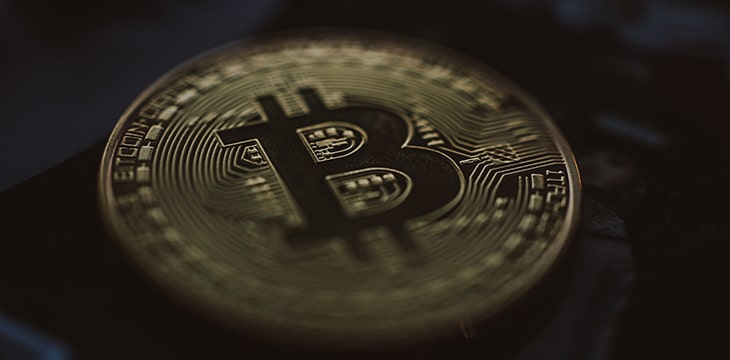|
Getting your Trinity Audio player ready...
|
Are our Bitcoin transactions really pseudo-anonymous? Is our privacy really protected when we make transactions? In some cases, yes, but in most cases, no.
Why? Because many Bitcoin wallet providers re-use wallet addresses. This takes away from the pseudo-anonymity and privacy that individuals using public blockchain networks could have. After all, if you know what amount(s) someone is transacting in, but do not know their wallet address, you could eventually figure out their address by watching the blockchain, looking for transactions in the amount you know is coming from that person, and then taking note of the wallet address it came from. Afterward, you would be able to correlate that wallet address to its owner. Although some people do not see a problem with re-using keys, our previous example shows how privacy can become compromised due to the re-use of keys.
So what can we do about this problem? Dr. Craig Wright says that the solution already exists in the original Bitcoin. In his latest blog post, “Offline Addressing,” Dr. Wright takes a deep dive into wallet addresses as well as making transactions with them, and then proposes a solution that individuals and wallet providers could implement to avoid the problems that arise when you re-use keys—a solution that has always existed on the original Bitcoin.
“Many possible protocols could be created on top of Bitcoin. The one described in today’s post is based on the original protocol and templates that existed in 2009, when I launched Bitcoin,” Dr. Wright said.
“When I say that addressing is being misused, I’m referring to the reuse of keys. The ability to calculate derivative keys and to automate the process existed when Bitcoin was launched. None of it entails a new technology,” he explained, adding, “Every single use of bitcoin should correspond to a new address. Even when a user is offline, the scenario should not be difficult.”
To find out how you can protect privacy in a Bitcoin transaction and how to make your Bitcoin transactions more secure, you are going to want to read Dr. Wright’s latest blog post, “Offline Addressing.”

 02-12-2026
02-12-2026 




